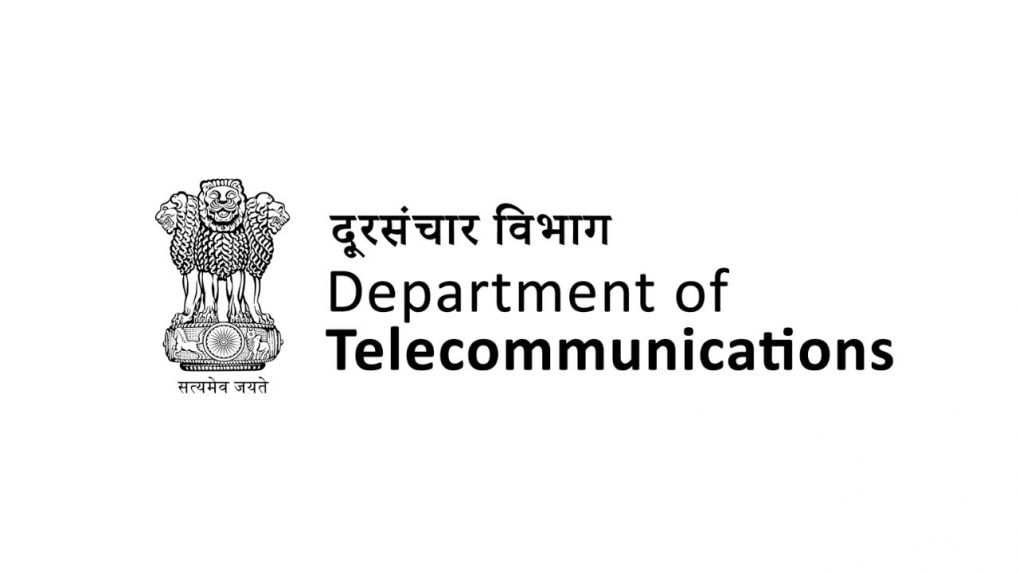Digital
Why OpenAI is hiring 100 ex-bankers: Inside the ChatGPT-maker's secret project to automate Wall Street's grunt work

In a significant move to promote digital inclusion, the Department of Telecommunications (DoT) has directed all telecom licensees to comply with the Supreme Court’s recent judgment mandating accessible KYC procedures for persons with disabilities (PwDs).
The directive, issued on May 13, 2025, follows the apex court’s verdict in two writ petitions—Pragya Prasun & Ors. vs Union of India and Amar Jain vs Union of India—which challenged the exclusionary nature of current digital KYC systems.
The petitions highlighted the discrimination faced by individuals with permanent facial or eye disfigurement—such as acid attack survivors—and those with blindness or low vision. These groups frequently struggle with standard biometric verification methods used in digital KYC, e-KYC, and video KYC processes, which often rely on facial recognition or eye movement.
The Supreme Court, in its judgment dated April 30, 2025, ruled that the government and private service providers must adopt alternative and inclusive methods to ensure equitable access to essential services, including telecommunications, financial platforms, and government schemes. It emphasized the constitutional obligation to provide reasonable accommodations and uphold the dignity of PwDs in the digital era. The court emphasized that current procedures used by banks, mobile service providers, and other institutions often fail to account for the challenges faced by disabled individuals, thereby violating their constitutional rights.
In response, the DoT has instructed all telecom operators with Unified Access Service (UAS) or Unified License (UL) authorization to align their KYC practices with the Court's directives. This includes updating digital infrastructure, incorporating non-biometric verification options, and ensuring accessible interfaces for all users.
"With respect to judgment of Hon’ble Supreme Court while providing telecommunication services to PwD, directives of Hon’ble Supreme Court shall be complied in respect of DoT KYC framework," DoT said, addressing UAS/UL licensees.
This order is seen as a watershed moment for digital rights in India, setting a precedent for other sectors to follow.
It is to be noted that the Ministry of Information and Broadcasting (MIB) is already in the final stages of drafting comprehensive accessibility guidelines for OTT platforms in a bid to promote inclusivity in India’s growing digital content space.
In a wide-ranging interview with Storyboard18, Sorrell delivers his frankest assessment yet of how the deal will redefine creativity, media, and talent across markets.